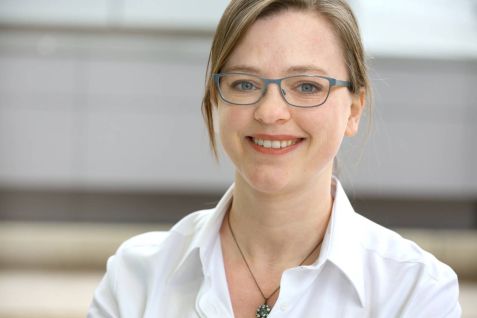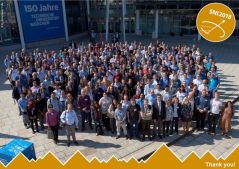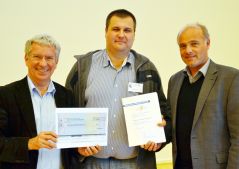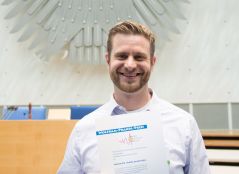MLZ is a cooperation between:
 > Technische Universität München
> Technische Universität München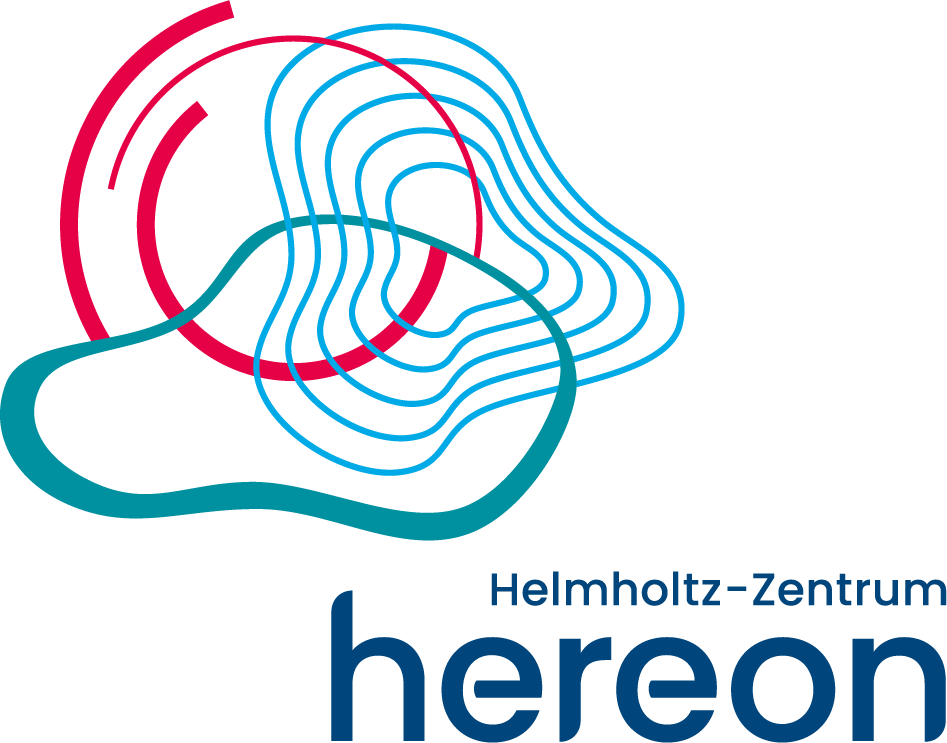 > Helmholtz-Zentrum Hereon
> Helmholtz-Zentrum Hereon
 > Forschungszentrum Jülich
> Forschungszentrum Jülich
MLZ is a member of:
 > LENS
> LENS > ERF-AISBL
> ERF-AISBL
MLZ on social media:

MLZ (eng)
Lichtenbergstr.1
85748 Garching
09.12.2020
Wolfram-Prandl-Prize for outstanding research using neutrons
Dr. Sabrina Disch is the winner of the Wolfram-Prandl-Prize 2020 for young scientists. The German Committee Research with Neutrons (KFN) awarded the prize on the occasion of the German Conference Neutron Scattering Conference (DN2020) today, organized by the Heinz Maier-Leibnitz Zentrum together with the MLZ User Meeting.
Dr. Sabrina Disch receives the 2500 Euro prize „for her outstanding research results on the understanding of structure, spin structure and spin dynamics of magnetic nanoparticles, their self-organisation and the resulting forming structures, achieved with innovative neutron scattering methods“, said KFN chair, Dr. Astrid Schneidewind in her statement.
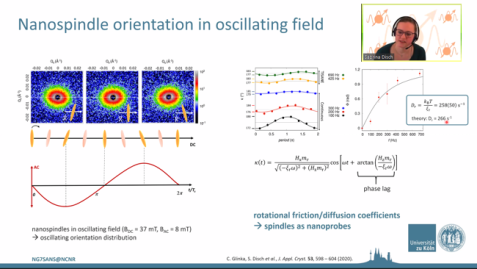
Screenshot of Sabrina Disch's prize lecture at the online German Neutron Scattering Conference 2020 on 9 December. © Dr. Karin Griewatsch / KFN
The Wolfram-Prandl-Prize 2020 honours her research results on magnetic nanoparticles. This field is highly topical: On the one hand, it addresses fundamental challenges in the synthesis and understanding of the magnetism on the nanometer scale; on the other hand, magnetic nanoparticles have a high potential for application, for example in magnetic sensor technology, in catalysis or in medical diagnostics and therapy. Due to an extremely successfully combination of preparative work, macroscopic characterisation, X-ray and neutron scattering, it has achieved impressive breakthroughs in the understanding of structure, spin structure and spin dynamics of magnetic nanoparticles, their self-organisation and the structures that form in the process on all characteristic length scales – from atomic via nanoscopic to mesoscopic. The work is exemplary for the complementary application of synchrotron X-ray scattering and neutron methods, for the most demanding method development in research with neutrons as well as for interdisciplinary work at the border between chemistry, physics, crystallography and material sciences.
For her results Sabrina Disch had to develop highly innovative methods, such as small and wide angle scattering on nanomaterials with polarisation analysis, scattering with a time resolution in the sub-millisecond range, or the development of in-situ magneto-rheological small angle scattering. Her experiments led and will lead the chemist among others to the MLZ, using the instruments DNS, KWS-1 and SANS-1.
Original text: Dr. Karin Griewatsch / KFN
Related News
Contact:
Dr. Astrid Schneidewind
KFN chair:
Forschungszentrum Jülich GmbH
Außenstelle am MLZ
Lichtenbergstr. 1
85747 Garching
The prize:
With the naming of the prize, the KFN wants to remember one of the pioneers of neutron scattering in Germany, Prof. Wolfram Prandl, an experimental physicist and crystallographer, whose work was characterised by an unusual depth of analysis. With his meticulous approach Prandl inspired and influenced many generations of young scientists.
More information:
Sabrina Disch’s website
The Committee Research with Neutrons is an elected body which represents the interest of neutron users in Germany to politics and facilities. Its aim is to foster the research using neutrons.
Article in our new digital newsletter on the German Neutron Scattering Conference (DN2020) and the MLZ User Meeting.
MLZ is a cooperation between:
 > Technische Universität München
> Technische Universität München > Helmholtz-Zentrum Hereon
> Helmholtz-Zentrum Hereon
 > Forschungszentrum Jülich
> Forschungszentrum Jülich
MLZ is a member of:
 > LENS
> LENS > ERF-AISBL
> ERF-AISBL
MLZ on social media:



